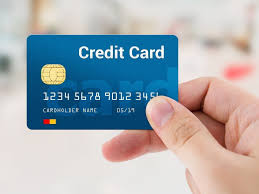When you’re trying to apply for a credit card, one of the first things you should do is pull up your credit report. This is a list of all of your credit history and is used to determine your credit score. It contains information on everything from your payment history to account balances, enquiries for new credit and any late payments and defaults, for example.

Make sure you’re giving accurate information during the application process. The application form will ask for a lot of information, and mistakes can slow down the process or even get you declined. For example, omitting the fact that you have multiple lines of credit can lead to your application being declined. In order to increase your chances of approval, make sure you include accurate details about all your income and expenses. Identity checks will also need to be made. Financial businesses will use KNOW YOUR CUSTOMER procedures. Find out more at www.w2globaldata.com/regulatory-compliance-solutions-and-software/know-your-customer
Credit card issuers will also check your credit history to determine if you’re a good risk. A high credit score doesn’t necessarily mean you’ll get approved, though. Several other factors will be considered. If you have a poor credit history, you may need to pay more than you initially anticipated in interest rates.

As a first-time cardholder, it’s vital to shop around for a credit card that will meet your needs. Make sure to look at the interest rates and fees. Ideally, you’ll only have to pay interest on the balances that you’ve incurred.


